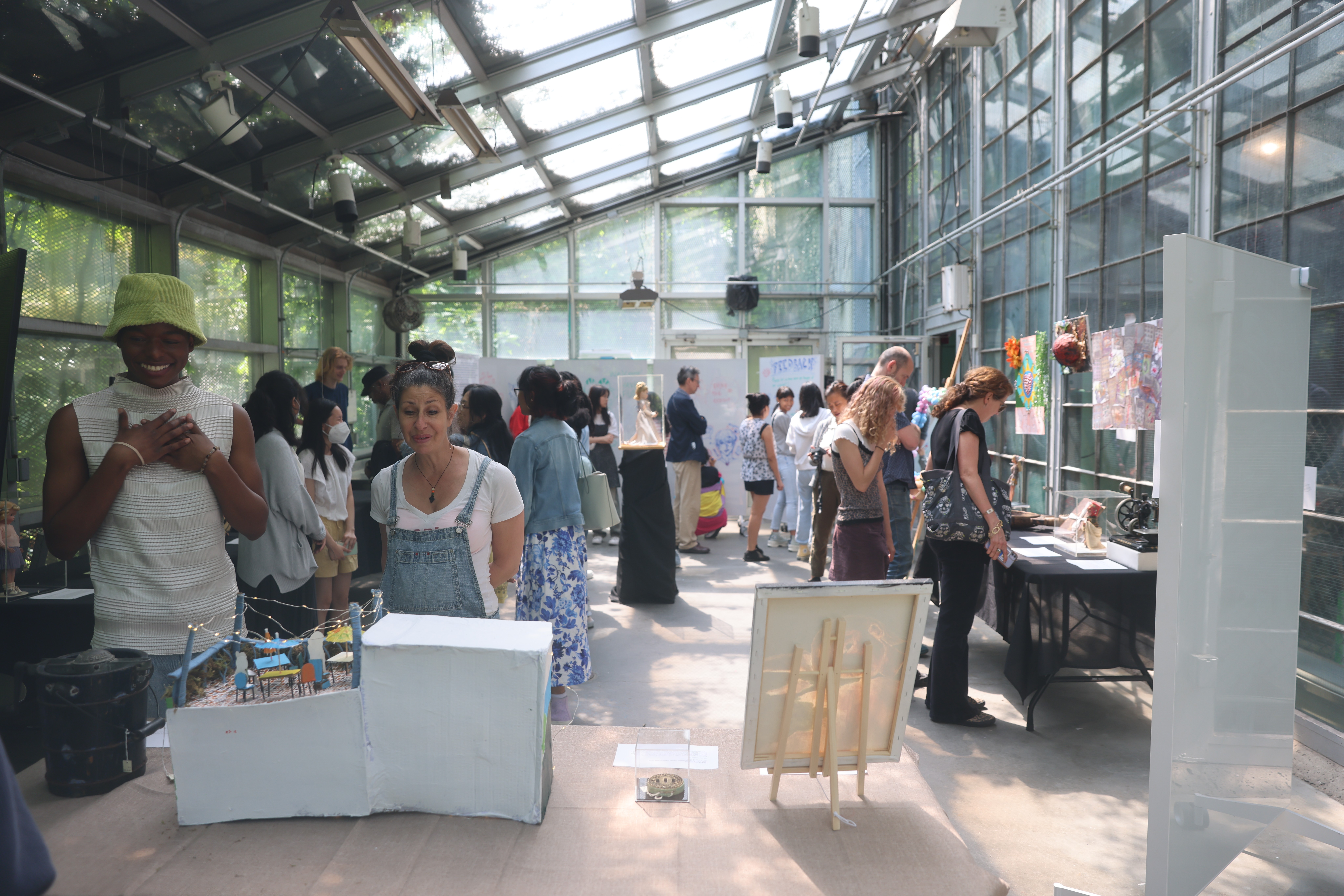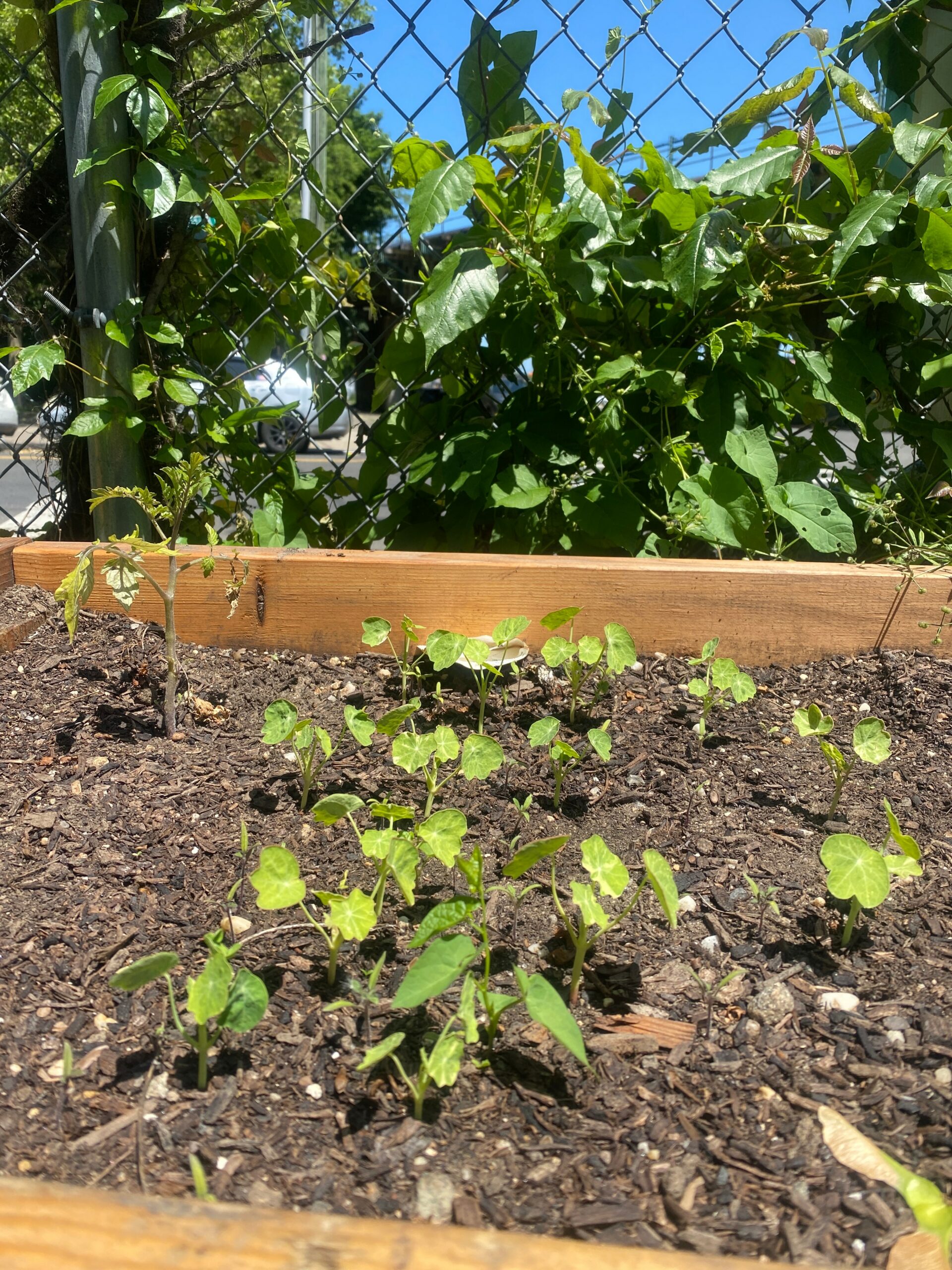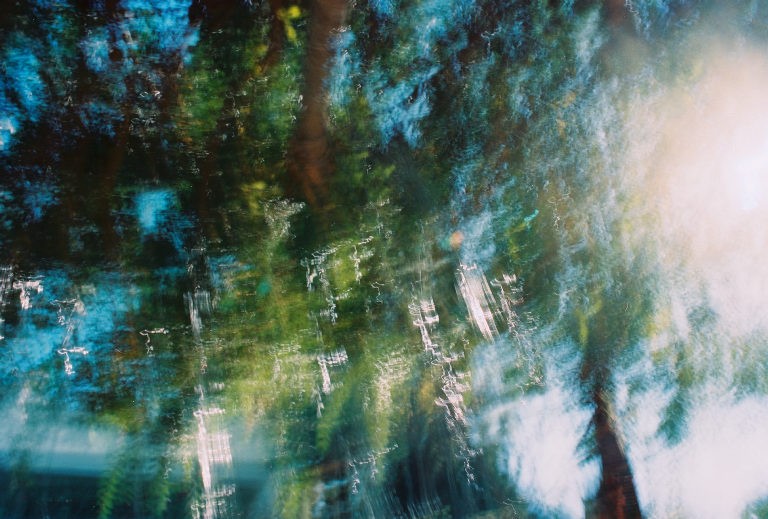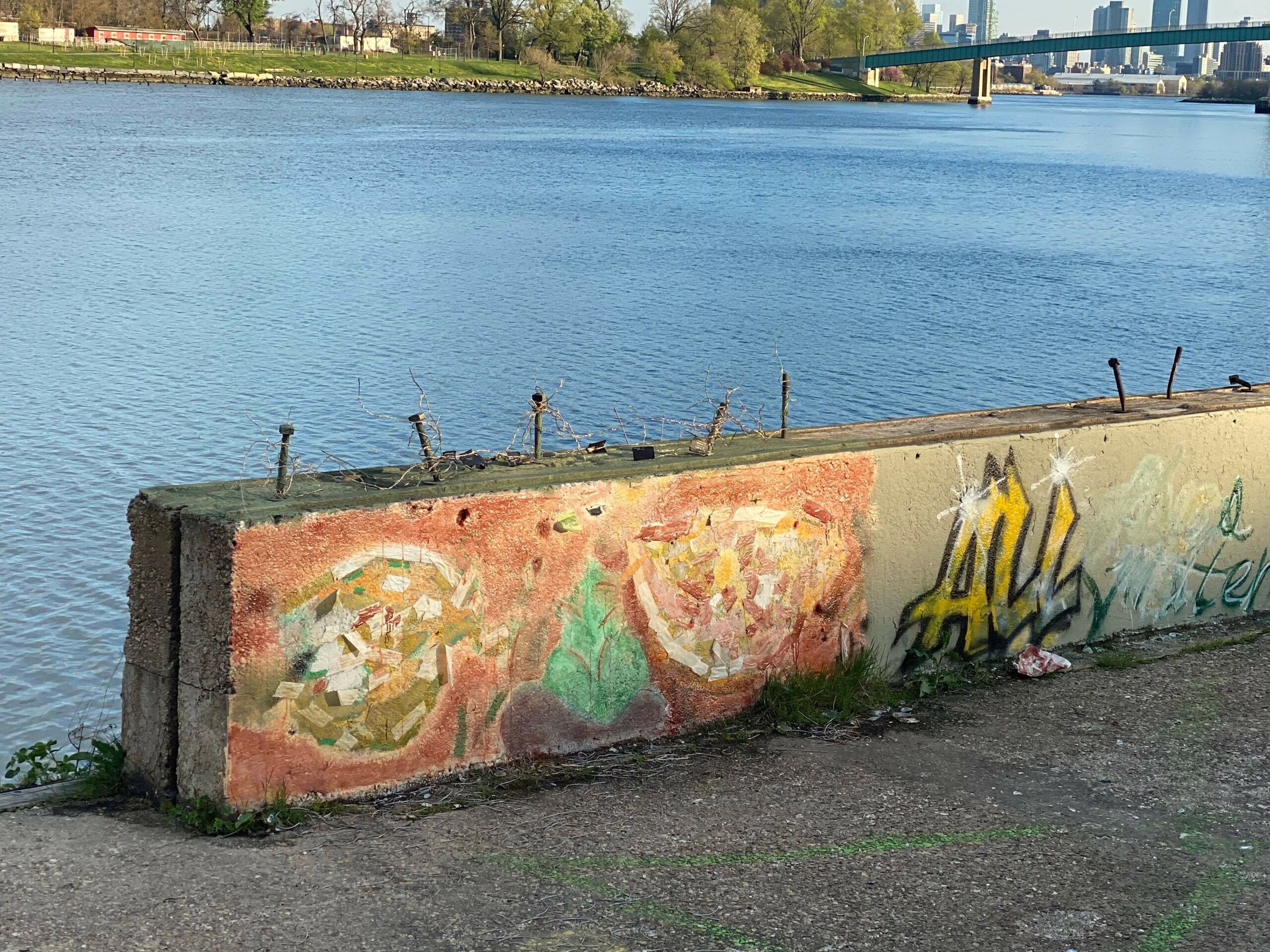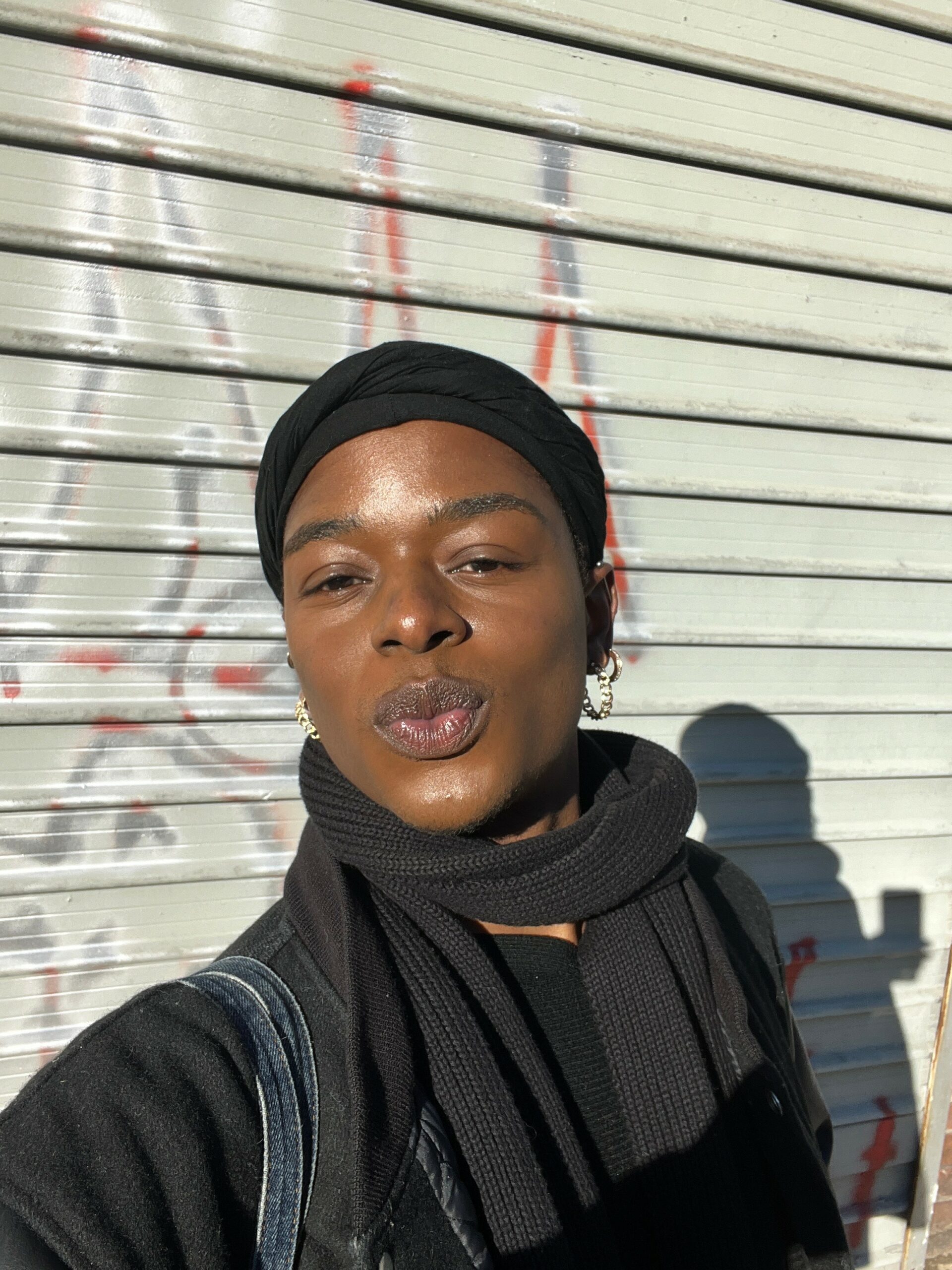We caught up with the brilliant and insightful Amari Grey a few weeks ago and have shared our conversation below.
Hi Amari Grey, so excited to talk about all sorts of important topics with you today. The first one we want to jump into is about being the only one in the room – for some that’s being the only person of color or the only non-native English speaker or the only non-MBA, etc Can you talk to us about how you have managed to be successful even when you were the only one in the room that looked like you?
At this point in my life, I prefer to just leave the room. I think a lot of people place emphasis on inserting “marginalized voices” into spaces unprepared for us in our wholeness, and often the intentions of the people inviting us into a space are unclear at best, or not in good faith at worst. To me, there is so much more worth in being in community with people like me in our own autonomous spaces; it feels more genuine, more full, more important, and we have such rich traditions of organizing for ourselves that I’d rather pass that on.
Appreciate the insights and wisdom. Before we dig deeper and ask you about the skills that matter and more, maybe you can tell our readers about yourself?
I was born in Queens, NY but grew up mostly between Baltimore and Brooklyn. I feel fortunate to have found, and been born into, a rich family of Black and queer people that informs a lot of my perspective as a writer, artist, teacher, and curator. For almost 10 years now, I’ve been co-creating spaces for intergenerational exchange and creative practice, and I understand building and being in community as the source and purpose of my life on this earth.
For me, the threads of my work are very intertwined, and I understand each “discipline” as part of another. As a teacher, I work in/with community orgs, cultural institutions, and collectives to teach and learn from young people. It feels really special to be trusted to do so, and I’m able to channel what I do as an artist into facilitating reflection and imagination for others. Most recently, I taught the “Teen Curators Program” at Brooklyn Children’s Museum and helped a cohort of youth organize an exhibition of their own artwork and BCM collection objects. It had been a while since I worked with high schoolers, and it was an honor to witness them engage with history and critique and further their understanding of the world around them.
As an artist, I work in a lot of mediums. My writing crosses between criticism, memoir, poetry, and theory and draws from my experience as a young Black trans woman in the “modern” world. I also engage with performance, sound, video, and installation and have recently been exploring textiles. I’m working on two full-length book projects that are extending the work of my essay series “Digital Semiotics and Pandemic Intimacy”, and I’m very excited and grateful to be on this adventure.
There is so much advice out there about all the different skills and qualities folks need to develop in order to succeed in today’s highly competitive environment and often it can feel overwhelming. So, if we had to break it down to just the three that matter most, which three skills or qualities would you focus on?
The first three qualities that come to mind are change, grounding, and mindfulness. I think when I was younger I had a big fear of change because all the changes that I saw in my life were not necessarily good, and were certainly far outside of my control. So it was easy for me to feel powerless and confused. As I got older, that lead me into hyperfocusing on being in control of my life (which of course we never truly are) so needless to say it didn’t work and perhaps led to more struggle than it was worth. What helped me to overcome that was really that I had no other option; everything and everyone changes, so I could either surrender to it or keep being mad about it. What I do have control over is how I respond to the changes within and around me, and for me, that comes from grounding myself in who I am and where I come from. Although I and my circumstances will change, a basic understanding of what, how, and who I love; where I come from; and what fills me helps me to understand whether the direction I’m moving in is harmful or loving to me. If it is loving to me, then no matter what happens I know more or less that I’m on the right track, and mindfulness is a discipline of reminding myself to be (or that I am) grounded.
I don’t know if I’m in a position to give advice, but if I did, it would be to be for real. And to trust yourself more than you think you should, unless the people who love you are telling you you’re being delusional.
How can folks who want to work with you connect?
Collaboration is such a big part of my practice and brings me so much joy. For me, it has to be durational and deep; collaboration in the capitalist sense is more like extraction and exploitation, y’know? People come into your life to capitalize off your strengths or position or whatever it is and leave when the work is done. I’m interested in working with those who want to build the same type of community that I do; who understand that giving love allows it to multiply but also know how to give it to themselves; whose principles are clear, consistent, and compatible with my own.
Contact Info:
- Instagram: @amarixgrey
